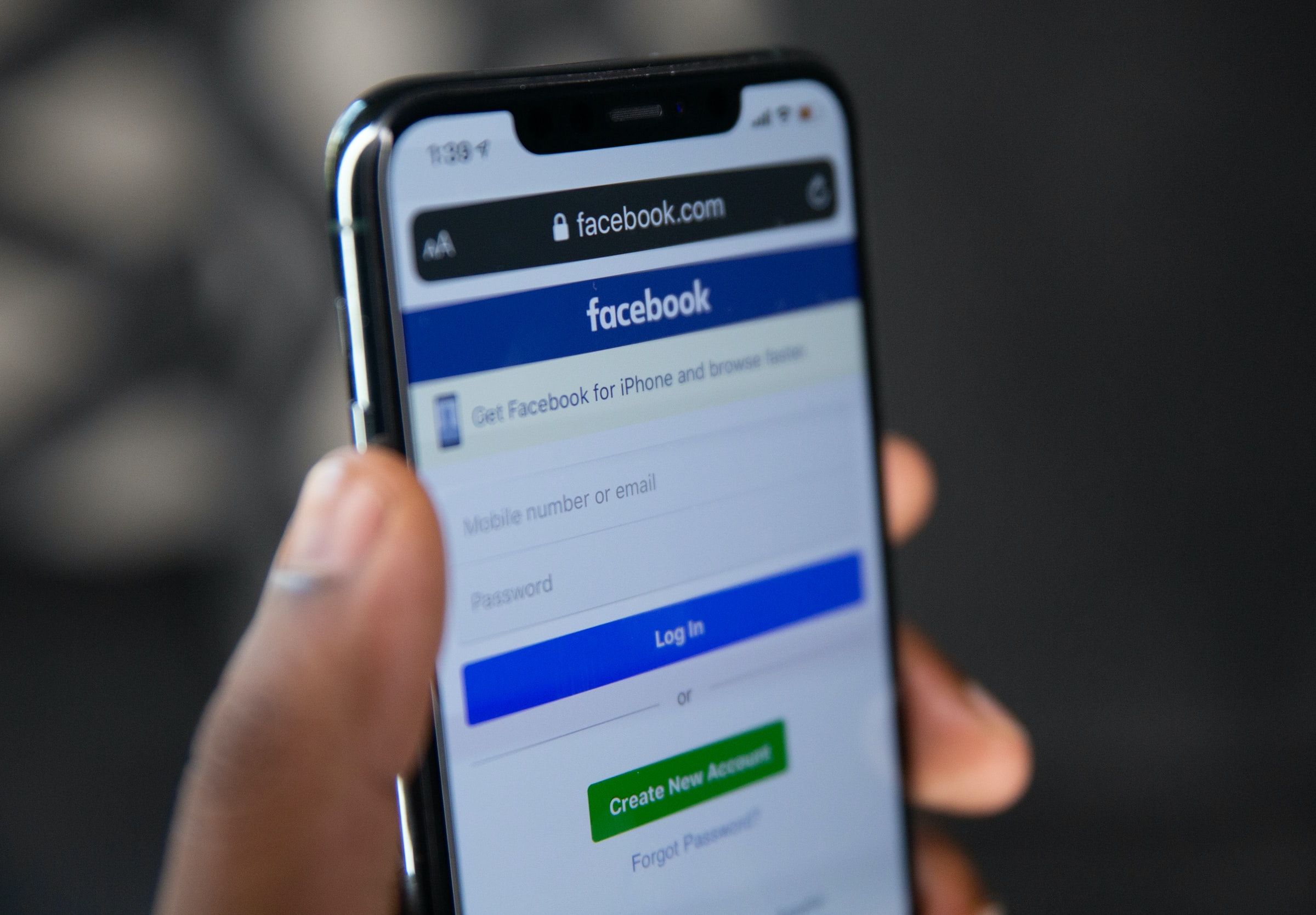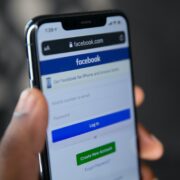
A NEW report revealed that Apple once gave Facebook an ultimatum over the abuse of Filipina domestic workers in the Middle East.
“Two years ago, Apple threatened to pull Facebook and Instagram from its app store over concerns about the platform being used as a tool to trade and sell maids in the Mideast,” the Associated Press said in an article published Tuesday, October 25.
In response to the threat, Facebook admitted to being aware of both the exploitative conditions of foreign workers and the use of Instagram to buy and trade maids online.
It also recognized the website’s problem with “domestic servitude,” which is a form of human trafficking “for the purpose of working inside private homes through the use of force, fraud, coercion or deception.”
Facebook engineers reportedly found nearly three-fourths of posts that showed maids in photos/videos and their biographical details, with over 60% of the material coming from Saudi Arabia, and about a quarter from Egypt.
And while Facebook disabled over 1,000 accounts on its websites, it acknowledged that it was “under-enforcing on confirmed abusive activity” that saw Filipina maids complaining on the social media site of being abused.
The move convinced Apple to relent and allow Facebook and Instagram to remain in the app store.
However, the AP noted that Facebook’s crackdown had a “limited effect.”
“Even today, a quick search for ‘khadima,’ or ‘maids’ in Arabic, will bring up accounts featuring posed photographs of Africans and South Asians with ages and prices listed next to their images,” it said.
“That’s even as the Philippines government has a team of workers that do nothing but scour Facebook posts each day to try and protect desperate job seekers from criminal gangs and unscrupulous recruiters using the site,” it added.
Despite the continued spread of ads exploiting foreign workers in the Mideast, Facebook maintained that it took the problem seriously.
“We prohibit human exploitation in no uncertain terms,” it said in a statement to the AP.
“We’ve been combating human trafficking on our platform for many years and our goal remains to prevent anyone who seeks to exploit others from having a home on our platform,” it added.
Still, the AP pointed out that Facebook’s daunting size and user base around the world “proves to be its greatest weakness in trying to police illicit activity, such as the sale of drugs, and suspected human rights and labor abuses on its site.”
Filipina Mary Ann Abunda of the Sandigan in Kuwait warned of the dangers that Facebook can pose.
“Facebook really has two faces now,” she said as quoted by the AP. “Yes, as it advertises, it’s connecting people, but it has also become a haven of sinister people and syndicates who wait for your weak moment to pounce on you.”
One Filipina housemaid in Kuwait told the AP of her experience in being “sold” to another family through an Instagram post in December 2012.
“I was like an animal that was being traded by one owner to another,” she said.
“If Facebook and Instagram won’t take stronger steps against this anomaly, there will be more victims like me. I was lucky because I did not end up dead or a sexual slave,” she added.
For its part, the Philippine Overseas Employment Administration (POEA) acknowledged that individuals who want to go abroad trust Facebook more than the private recruiting agencies monitored by the government.
According to POEA Administrator Bernard Olalia, some job seekers mistakenly believe that the agency endorses some of the Facebook and Instagram accounts due to misuse of the office’s logo.
He added that his office for the last two years had a direct line to Facebook to be able to flag suspicious accounts, but “even that isn’t enough.”
“It will affect their income so they don’t want to address this,” Olalia added.






